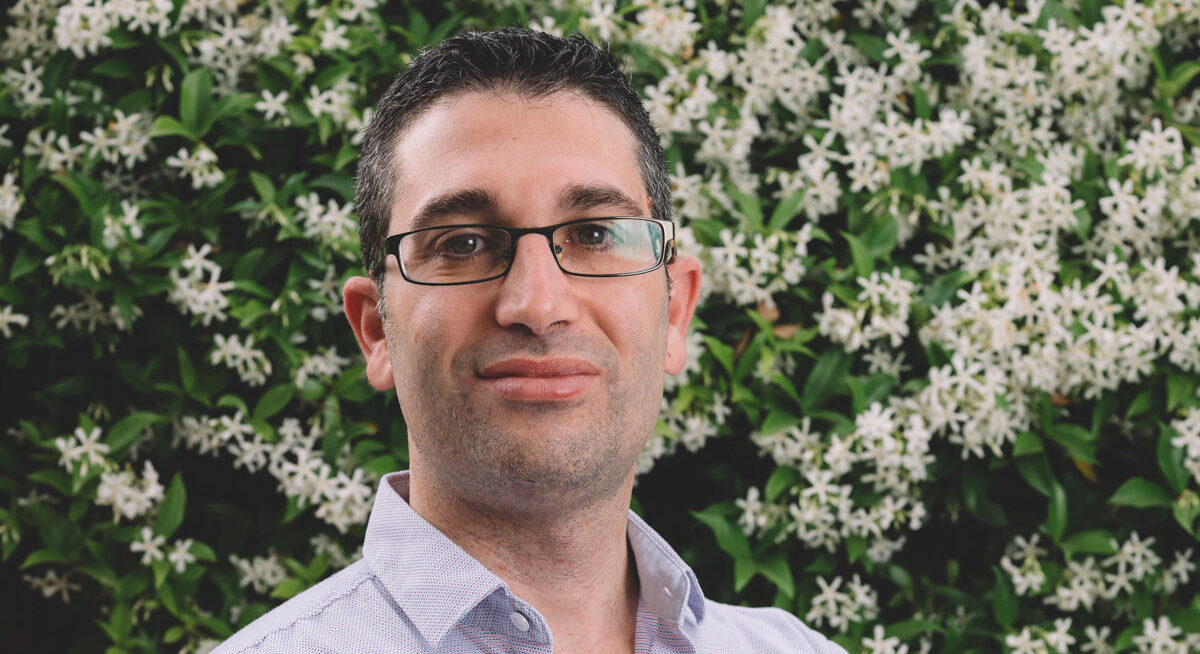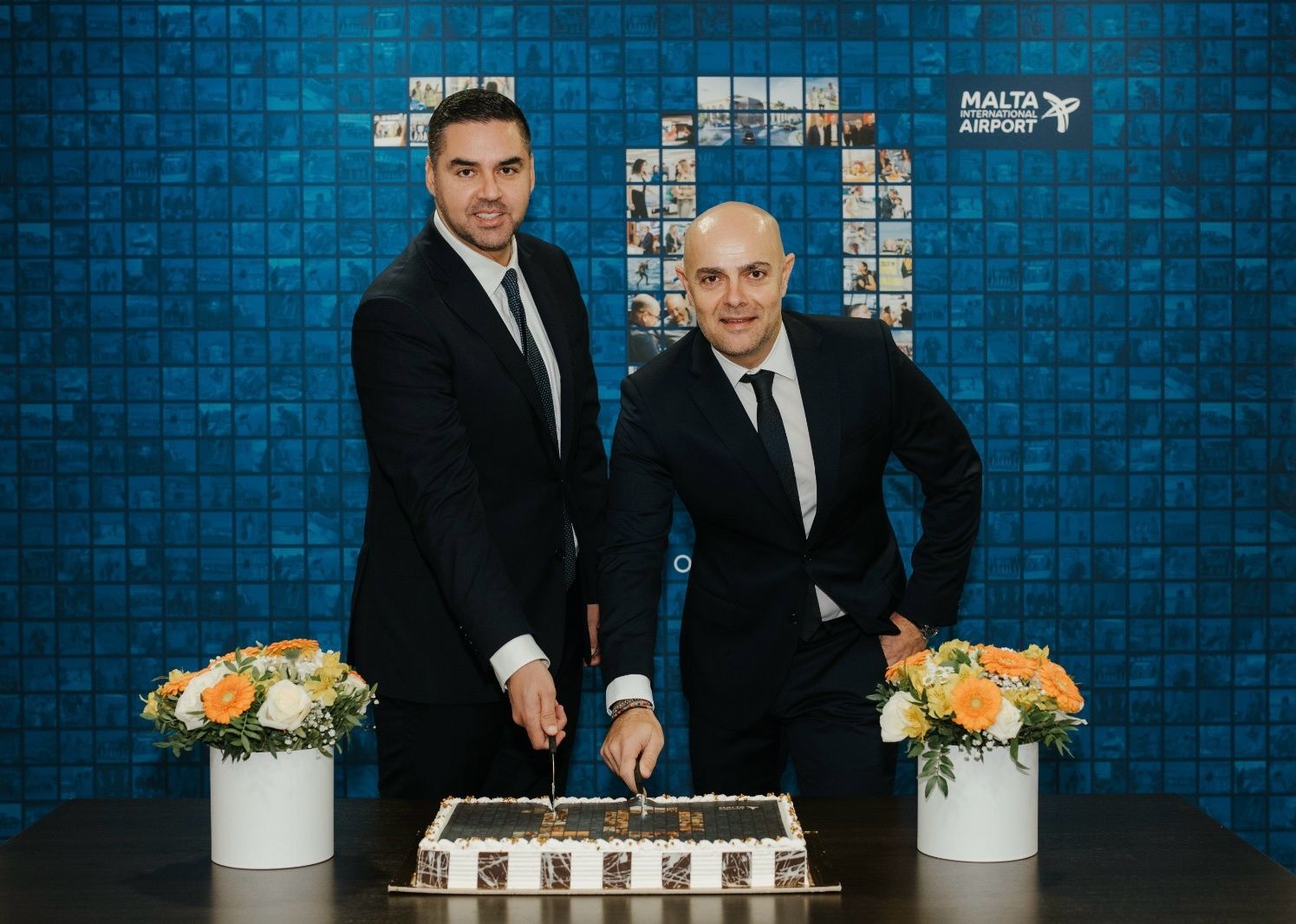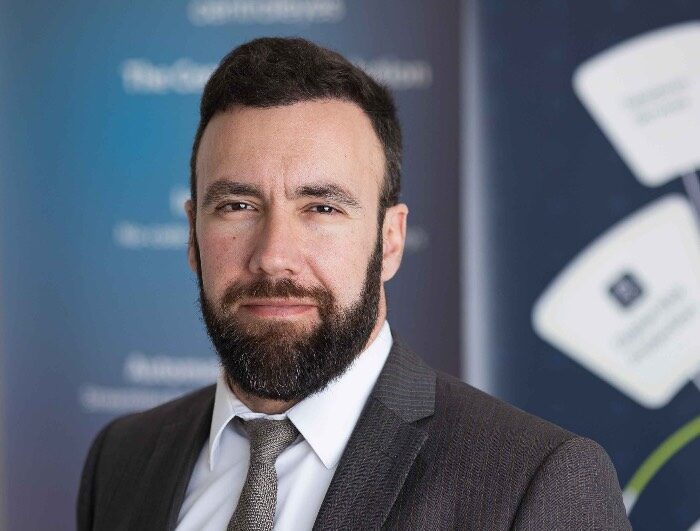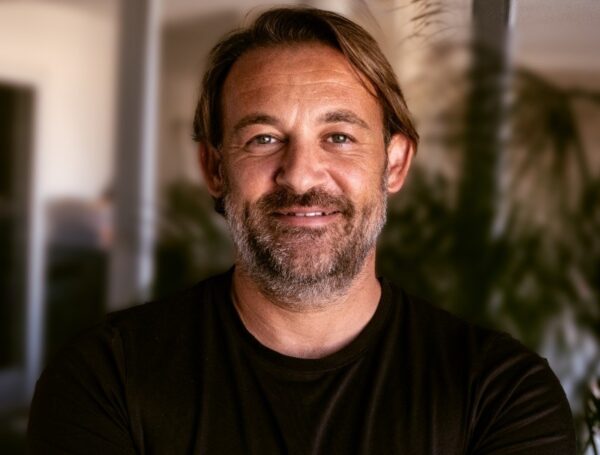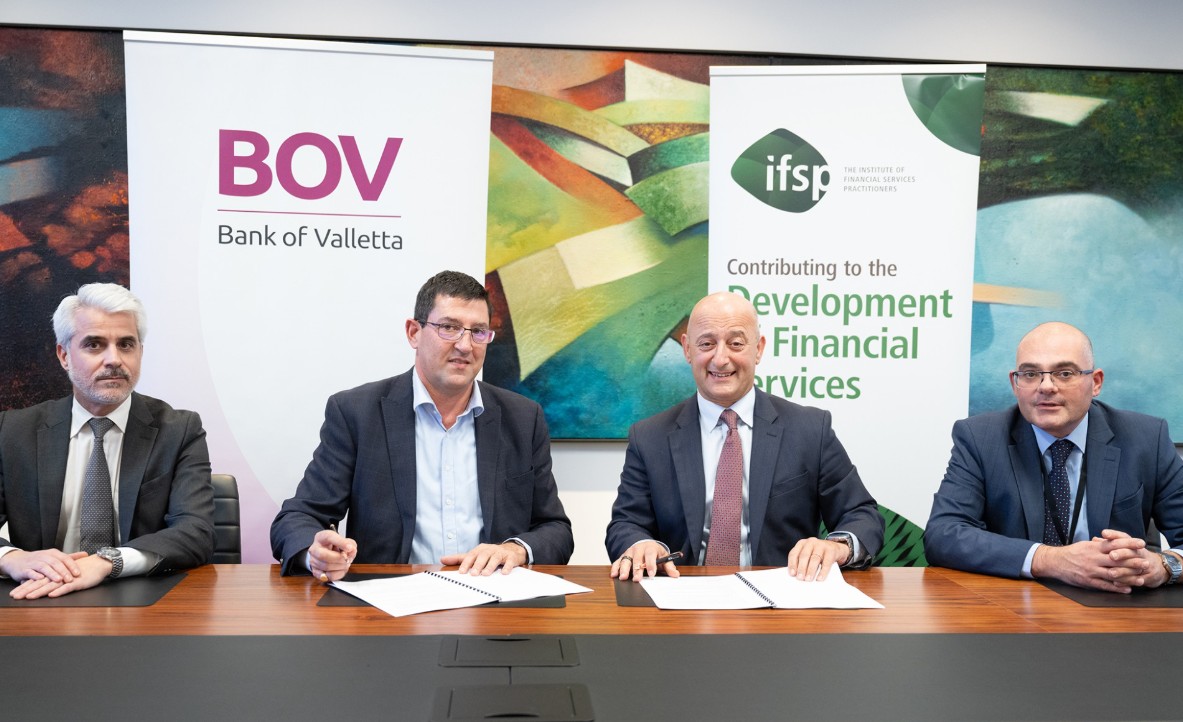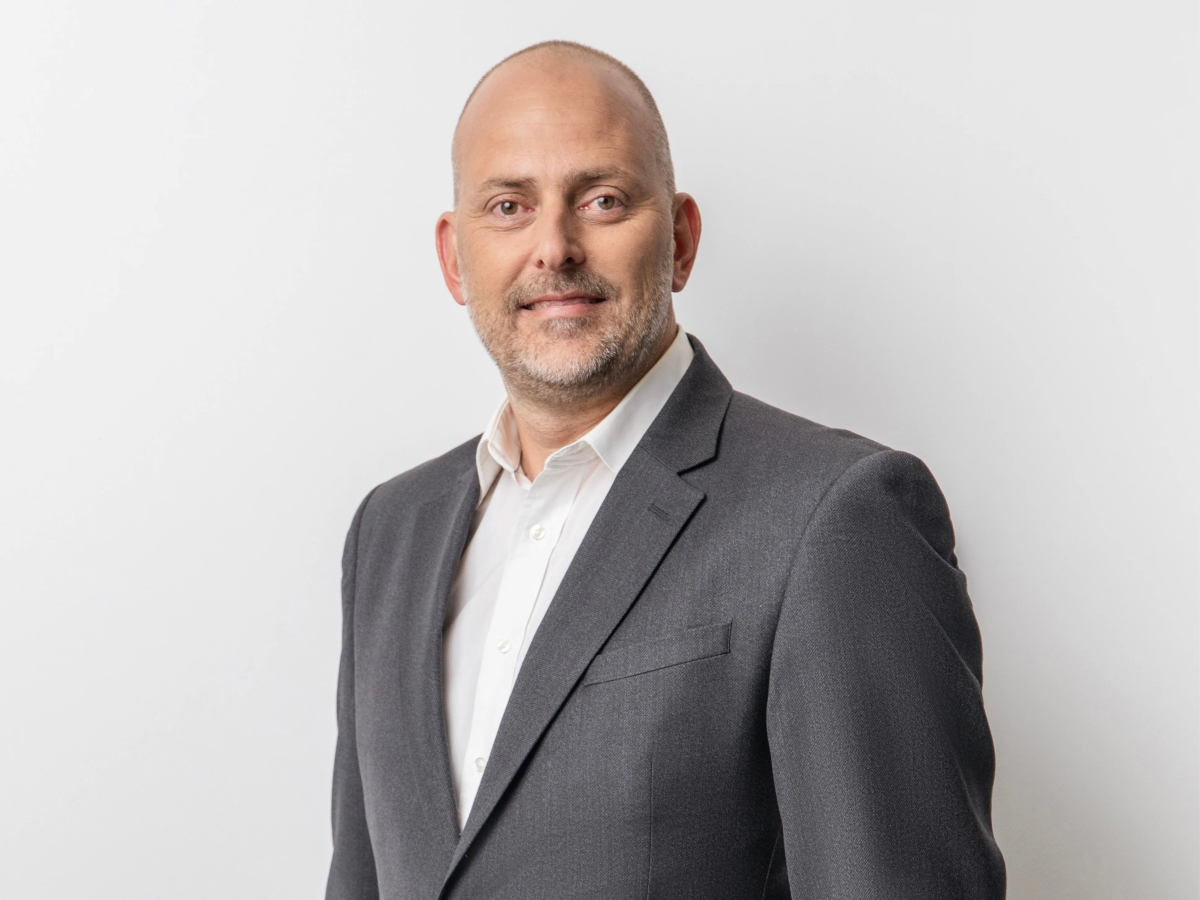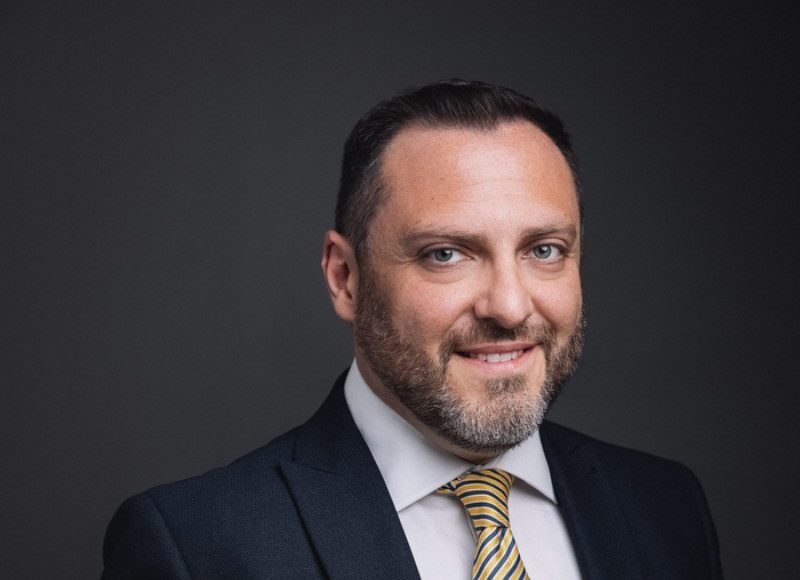The topic of tourism was on everyone’s mind last week as the results of a study commissioned by the Malta Hotels and restaurants Association (MHRA) and carried out by Deloitte stated that “Malta will need to attract 4.7 million tourists a year by 2027” to prevent oversupply of accommodation becoming a serious issue.
In the light of this report and of a conference that was hosted by The Malta Chamber last week, MaltaCEOS.mt spoke to Alan Arrigo, Co-CEO at Robert Arrigo & Sons and Chairperson of the Malta Chamber’s Tourism Operators Business Section about his thoughts on such a matter given that he is a direct stakeholder in this industry.
In his concluding address at last week’s Rediscover Tourism conference, Mr Arrigo remarked that “every part of the ecosystem must deliver on its promise of a quality experience”. Delving deeper into this comment, he further told MaltaCEOS.mt that “the perception of quality experiences depends on two pillars – the expectation of traveller as well as the rendering of that service by the tourism operator.”
“In order for a traveller to choose Malta as a quality destination, every tourism operator must ensure that it delivers its service with quality such that it meets or exceeds the tourist’s expectation of that service,” he added whilst insisting that “Malta needs to ensure that any form of mediocre service is weeded out or levelled up to quality standard.”
Speaking of the MHRA study, Mr Arrigo admitted that the figures quoted “did not come as a surprise to The Malta Chamber” especially since they had already seen “evidence of over-supply in 2019 as highlighted in our ‘Rediscover’ document way back in November 2021.”
With reference to this document, Mr Arrigo confirmed that in it they “came up with 125 recommendations on how Malta can achieve sustainable growth within the tourism ecosystem.”
Some of the main recommendations highlighted by the Co-CEO include “a moratorium on applications for tourist accommodation which should apply with immediate effect to any future applications.” In the light of this Mr Arrigo suggests that “applications that have been approved but are still at a planning stage as at the date of enactment of the moratorium should be reviewed by the MTA in terms of alignment with the sector’s new strategy and vision, with investors incentivised and supported to revise plans as required to conform more effectively with same, allocating due weight to the overarching strategic principles of quality and sustainability.”
He also insists that regulatory bodies should “enhance and tighten enforcement of standards in hotel accommodation to avoid any sustained deterioration in said standards, particularly in conditions of an increased bed stock since this may lead to price dumping and a subsequent drop in standards which will harm the general image of the destination.”
Thirdly, he suggests “a restructuring of the current licensing regime to reflect new accommodation concepts and quality standards that match target clientele.”
Another important point he highlights is “addressing longstanding licensing and enforcement challenges,” and finally also “creating specific incentive schemes for the upgrading, repurposing and renovating of properties to target specific niches.”
Despite the “registered improvement over 2021”, Mr Arrigo is still cautious moving into 2023 and insists that “tourism still has many challenges to face” especially in the light of “soaring prices of imported food and goods and fuel costs which will impact the way tourism operators make their projections for the coming year.”
“In order to ensure a sustainable tourism industry, it is the time for the authorities to rediscover their vision of tourism and implement the necessary changes for a better Malta,” Mr Arrigo concluded.
Featured Image:
Alan Arrigo / LinkedIn
BOV CEO: ‘Empowering professionals key to strengthening Malta’s financial services sector’
Kenneth Farrugia said investing in professional development is central to reinforcing Malta’s financial services ecosystem and long-term competitiveness.
Vladimiro Comodini steps down from RSM Malta
He will continue to helps boards and businesses navigate governance, transformation and strategic challenges.
€60 million bond set to ‘accelerate investment pipeline’ – Hili Finance Chairman Geoffrey Camilleri
'The bond will enable the group to pursue strategic opportunities in real estate and hospitality development.'
‘Your past doesn’t disqualify you’: Growth Gurus Founder opens up on quitting drugs
His real wake-up call was the realisation that he was being horrible to his family.


